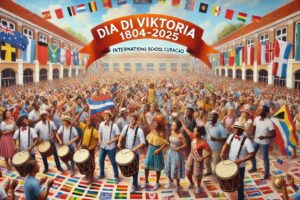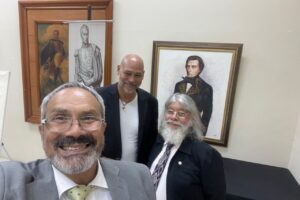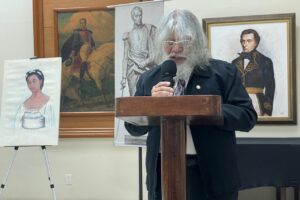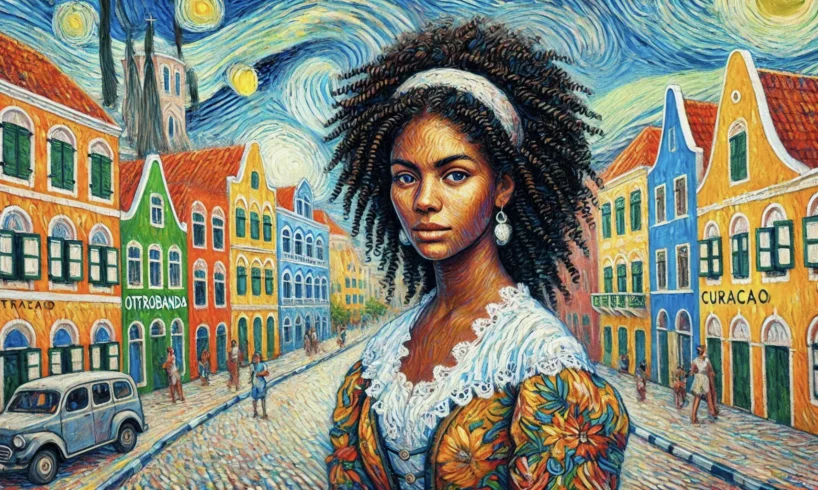
Maria Isabel Gómez, mother of the Venezuelan independence leader Manuel Piar, is an underrecognized figure in Latin American history. While her contributions to independence and abolitionist efforts were substantial, historical attention to her life and role has been limited. Understanding why we know so little about Isabel Gómez requires examining both her life’s context and the intentional silencing of Afro-Caribbean and lower-class women in colonial records.
What we know about Isabel’s life suggests that she was a resilient and determined woman who navigated colonial society’s constraints to support independence movements. Born in Curaçao, likely to a family of mixed African descent, Isabel worked as a midwife and washerwoman—occupations often looked down upon but which allowed her a degree of mobility in society. This mobility became crucial as she carried messages and provided shelter to revolutionary leaders. Isabel’s role in the independence movement went beyond her personal life; her actions were linked to broader Caribbean and South American struggles for abolition and equality. However, colonial authorities often failed to record or acknowledge the roles of women in these movements, especially women of color, relegating their contributions to the shadows.
Maria Isabel’s legacy has been intentionally marginalized. Colonial society’s racial and gender hierarchies meant that women of African heritage were often either invisible in historical accounts or characterized in ways that diminished their agency. Historians have frequently focused on male revolutionary leaders, viewing women’s involvement as peripheral. In Isabel’s case, her story was further complicated by attempts to deny her connection to her son Manuel Piar, a leading figure in Venezuela’s independence. By challenging Isabel’s maternity, elites undermined her significance, preferring to link Piar to a more socially acceptable, elite lineage.
This dismissal of Isabel’s contributions reflects a broader historical pattern of downplaying the roles of marginalized figures in independence narratives. Afro-Caribbean women like Isabel often acted in ways that did not fit the conventional heroic mold. Rather than leading armies, they worked in domestic roles, circulated revolutionary ideas through conversations and pamphlets, and provided support networks for resistance leaders. These contributions, while vital, were seldom considered “history-making” by colonial chroniclers or later historians focused on military battles and political declarations.
In summary, Isabel Gómez’s life and contributions remain obscured because of her race, gender, and social status. Colonial narratives were crafted to emphasize the heroism of elite men while erasing the critical support roles played by women of color. Isabel’s life challenges us to expand our understanding of historical impact, recognizing that the fight for freedom was supported by a diverse cast of characters who often remain in the background, intentionally neglected by official records.
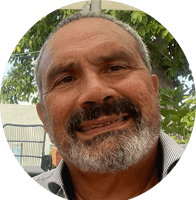
Tico Vos is a professional photographer, producer, and tourism specialist. He has been documenting the History, Culture, and News of Curaçao. This site is a documentation of the history of Manuel Carlos Piar.

